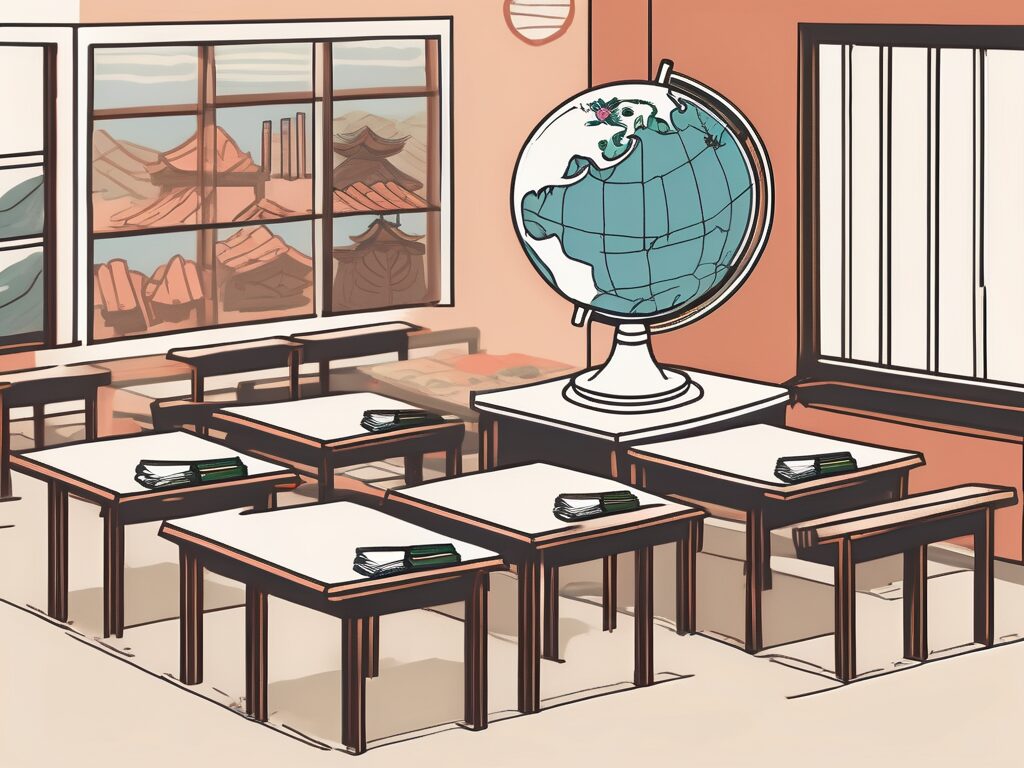Hiring Timelines for International Schools in South Africa: A Comprehensive Guide
For educators aspiring to expand their professional horizons or local teachers seeking new opportunities, international schools in South Africa present a compelling option. A critical inquiry that arises in this context is, “What is the timeline for hiring at these institutions?” This guide aims to elucidate the hiring processes and timelines pertinent to international schools in South Africa.
Overview of the Academic Calendar
Understanding the academic calendar of international schools in South Africa is essential for prospective educators. Unlike many countries where the academic year commences in September, South African international schools typically initiate their academic year in January. Consequently, the hiring processes often commence significantly earlier than in other regions.
It is important to note that some international schools may adhere to an academic calendar aligned with their country of origin. For example, American and British international schools may begin their academic year in August or September, respectively, which influences their hiring timelines.
The Hiring Process Explained
With a foundational understanding of the academic calendar, we can now explore the hiring process. The timeline for recruitment can vary considerably based on the specific needs of the school, its academic calendar, and other contextual factors. However, a general framework can be established.
Initial Recruitment Phase
Many international schools in South Africa initiate their recruitment efforts up to a year in advance of the academic year. This is particularly true for senior leadership roles, such as headteachers or principals, which necessitate a more extended recruitment period due to their complexity and significance.
Typically, early recruitment aligns with the commencement of the current academic year. For instance, if the academic year begins in January, recruitment may commence as early as the preceding January. Conversely, schools that start their academic year in August or September may begin their recruitment efforts around that time.
Peak Recruitment Period
The peak recruitment period for most international schools in South Africa generally occurs between October and February. During this timeframe, schools actively seek to fill the majority of teaching positions for the upcoming academic year. Consequently, this period presents the highest volume of job postings and the greatest likelihood of securing a position.
It is imperative to recognize that competition during this peak period can be intense, as numerous educators from various regions compete for available roles. Therefore, it is essential to ensure that your application is distinctive. This may involve emphasizing your experience with international curricula, such as the International Baccalaureate (IB), showcasing your ability to operate within multicultural environments, and demonstrating adaptability and flexibility.
Opportunities Beyond Peak Season
Even outside the peak recruitment period, opportunities may still arise. Schools may experience unexpected vacancies due to staff turnover, sudden increases in student enrollment, or other unforeseen circumstances. Such positions can emerge at any time, making it prudent to monitor job boards and school websites throughout the year.
While off-peak hiring can present valuable opportunities for those who may have missed the peak season or are contemplating a mid-year career transition, securing these positions may be more challenging due to their sporadic nature and potentially limited availability.
Strategic Preparation for the Hiring Process
Understanding the hiring timelines of international schools in South Africa is merely the initial step. It is equally important to prepare effectively for the hiring process. This preparation should include updating your curriculum vitae, compiling references, and preparing for potential interviews.
International schools typically seek educators who can excel in multicultural settings and possess familiarity with international curricula, such as the IB or Cambridge programs. Highlighting these competencies and experiences in your application can significantly enhance your prospects in the hiring process.
Furthermore, it is essential to note that many international schools in South Africa require candidates to hold a bachelor’s degree in education or a related field, along with a recognized teaching qualification. Additionally, some institutions may stipulate a minimum level of teaching experience, particularly for senior roles.
In summary, this guide provides a detailed overview of the hiring timelines for international schools in South Africa. Whether you are an experienced international educator or a local teacher contemplating a transition, understanding these timelines can facilitate your job search and enhance your chances of securing your desired position. Best wishes in your professional endeavors.
Advance Your International Teaching Career with IPGCE
Are you prepared to navigate the complexities of your international teaching career and distinguish yourself during the competitive hiring season at South African international schools? Enroll in the UK’s premier Teacher Training Course, the International Postgraduate Certificate in Education (iPGCE) offered by IPGCE. Elevate your qualifications, connect with a global network of educators, and gain comprehensive insights into international curricula. With our flexible online study options, you can progress your career without interrupting your professional commitments. Avoid being among the 80% who miss opportunities due to insufficient credentials. Enhance your adaptability, increase your promotion prospects, and potentially elevate your salary. Take the next step in your professional development journey and join the iPGCE program today.

